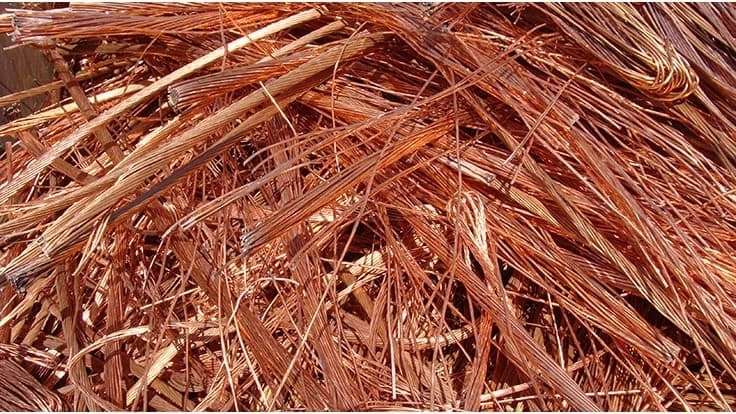
Photo by Recycling Today staff.
The Brussels-based Bureau of International Recycling (BIR) says the Malaysian government has not put new scrap import rules into effect, but it has obtained more information “to enable companies to start making preparations.”
According to BIR, the government-affiliated inspection agency proposing the guidelines, known as SIRIM QAS International, has held webinars and Q&A sessions with stakeholders.
The global association says, “Concerns from presentations made by SIRIM in February were of duplication of inspection requirements: before departure of the scrap cargo (preshipment inspection) and then again on arrival of the scrap cargo in Malaysia."
Malaysia has attempted to address those concerns by designating four inspection options: Type 1A, Type 1B, Type 1C and Type 2, “which vary in terms of inspection between the cargo, before or after shipment, or of the supplying and receiving facility,” BIR writes.
Type 1C is the only one of the four that “stipulates a pre-shipment inspection by a registered foreign inspection body (FIB) and an inspection by SIRIM on arrival in Malaysia,” the bureau adds.
That pertains to a concern expressed by some traders, since no FIBs are yet registered with SIRIM, according to BIR, which adds, “The overall costs remain a concern, as well as the very tight quality thresholds of 99.75 percent metal [by weight] content for ferrous, aluminum and copper scrap.”
Paper recyclers may soon encounter similarly difficult quality requirements outlined in the previously released “Malaysian Standard MS EN (P) 643:2021 Paper and board - European list of standard grades of paper and board for recycling. paper for recycling,” according to BIR.
At the latest webinar, SIRIM outlined an approval system for what it calls material recovery facilities (MRFs). The term is applied more broadly by SIRIM to all scrap recycling facilities, not only the mixed household recyclable sorting plants associated with the term MRF in the United States.
“It is important to note that no date has yet been scheduled for the official [publication] of the new rules, nor for their implementation,” states BIR.
“BIR keeps urging the Malaysian authorities to recognize the very valuable contribution that the current supply of recycled raw materials shipped to Malaysia is providing," the association adds. "It benefits through processing and supply both the domestic consumers and thereby the economy of Malaysia. In addition, any subsequent exports of processed recycled materials are beneficial to the global circular economy, carbon emission reductions, sustainability and the green economy. Inhibiting the current supply chain would be detrimental to these benefits.”
The BIR also has provided links to three SIRIM documents or presentations, including the SIRIM inspection methods presentation made this August; the accompanying Guidelines for Metal Scrap Imports (from this February); and this September’s Material Recovery Facilities Approval Scheme presentation.
Latest from Recycling Today
- Lautenbach Recycling names business development manager
- Sebright Products partners with German waste management equipment company
- WasteExpo transitions to biennial format for enhanced experiences
- Study highlights progress, challenges in meeting PCR goals for packaging
- Washington legislature passes EPR bill
- PureCycle makes progress on use of PureFive resin in film trials
- New copper alloy achieves unprecedented high-temperature performance
- Gränges boosts profits and sales volume in Q1 2025





